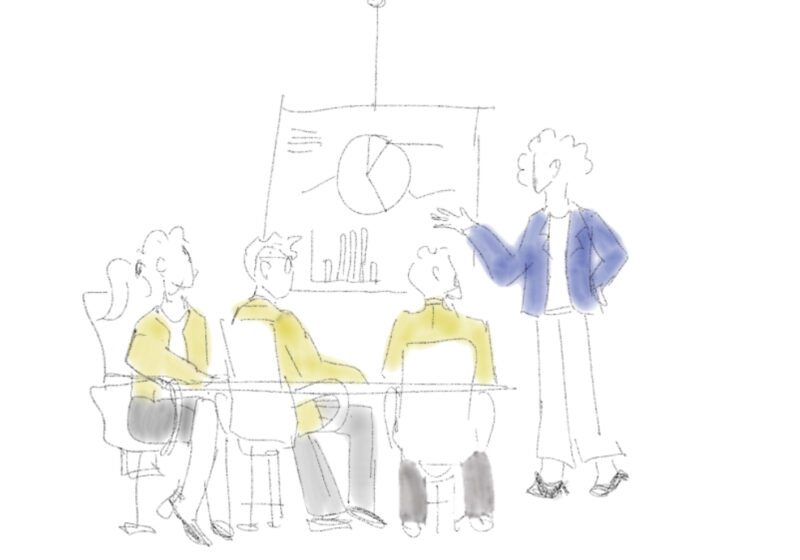Spring is a rebirth. We attempt to say goodbye to grey skies and too bitter cold afternoons. In America, baseball’s opening day is a symbol of our annual revival. But instead of telling you how 2018 is the re-awakening of the greatest rivalry in sports, or which rookie manager is destined for greatness, why don’t we look at some developments beyond the backstop.
Diversity. International diplomacy. Wage gaps. Mental health. Education. It’s difficult to know which I’m talking about: America or its pastime?
We all know about the rise of “Baseball Tonight” analyst Jessica Mendoza, but what you might not know about is how MLB has aimed to diversify its front offices to look like modern America. The Office of the Commissioner launched its own diversity fellowship last fall where it will place both people of color and female candidates at one of the 30 clubs, along with a stint at the MLB’s office in New York.
Breakers of baseball’s glass ceilings are continuing to emerge. University of Virginia graduate Hayley Alvarez is a scouting coordinator for the Oakland A’s, and former Division I baseball and softball umpire Jen Pawol is looking to officiate her first MLB regular season game. The LA Dodgers promoted Ellen Harrigan in January to director of baseball administration.
I’m interested to see where their stories go and where the recipients of the fellowship take their talents as they look to impact the game on multiple levels. While it’s difficult to be able to predict when Fox’s short-lived TV Drama Pitch will impact reality, there’s a clear effort to strive for more heterogeneity in baseball.
This year, 254 international players took to the diamond on opening day rosters, which is around 29 percent of major leaguers. The record-high numbers could be a signal or a cause of why the league is pursuing a considerable amount of endeavors outside of the U.S. The league is heavily pursuing a 2019 Red Sox-Yankees series across the pond, and, apparently, the Rangers and Indians will be playing at Hiram Birthorn Stadium in San Juan this year.
While most of America has forgotten about the continuous strife facing Puerto Rico, I challenge both teams and MLB to take advantage of that opportunity and to rise to the occasion. With 19 players hailing from Puerto Rico, though, I question if the league’s earlier $1 Million donation to hurricane relief in both Puerto Rico and Mexico was close to enough.
Hurricane survivors aren’t the only ones in need of financial support. Slade Heathcott, an outfielder for the Oakland A’s, has toggled between the majors and minors for the majority of his career, tweeted about the lingering wage issues for minor league players.
According to Heathcott and Scout Media reporter Taylor Ward, these players are paid below minimum wage for around half the year. The outcome of the Senate’s recent spending bill will prevent players from collecting overtime pay, an issue most salient for the minors. MLB has come under fire for lobbying Congress in order to make these propositions a reality. Minor leaguers shouldn’t have to scrape by to have a shot at their American Dream.
While some players are speaking out on economic inequality, other players are now opening up about their own internal battles. Seattle Mariners catcher Mike Marjama ended his reticence on an eating disorder that had plagued his pre-college baseball career. His voice comes at a time where these disorders are mostly discussed by women.
Marjama’s decision to speak openly continues a nation-wide conversation about athletes and their mental health. “Just because you’re a Major League Baseball player, that doesn’t mean you’re immune to everything,” he said.
The catcher’s voice is one young athletes and aspiring baseball players need, as concentrating on the needs of youths has been a recent consideration of MLB. It was encouraging to learn that, at the end of January, MLB and the U.S. Conference of Mayors renewed its partnership in support of “Play Ball,” the league’s youth-empowerment initiative.
Amid the current climate where national movements are led by the younger generation, MLB understands that the sustainability of the sport lies in the education and care for the youth.
Similar to what exists in the United States, institutions from within baseball have begun to challenge the status quo and evolve. But, traditionalists will always find something to argue against. If that means opposing safer games with league-wide protective netting or believing there’s no appropriate way to address baseball’s pace of play, the game will always face challenges modernizing.
Akin to anything in this country, we must remember that pursuing change comes with perseverance and patience.
“Just because it has been this way since the start of the game does not mean it has to continue and doesn’t mean it is right,” Heathcott tweeted.
The diamond and its accompanying stadiums are places where communities thrive, laugh, cheer, but also might disagree. As we look toward the 2018 season, we must recognize the changing landscape on and off the field for America’s oldest sport. When it’s all said and done, baseball is more than just a game.
“Everybody Talks” is a radio show on WRUR’s the Sting that highlights women’s involvement in sports and the social issues that surround athletics. You can listen to it every Friday from 1–2 p.m. on thesting.wrur.org.






